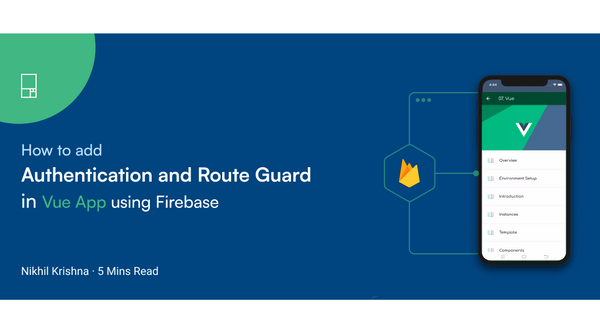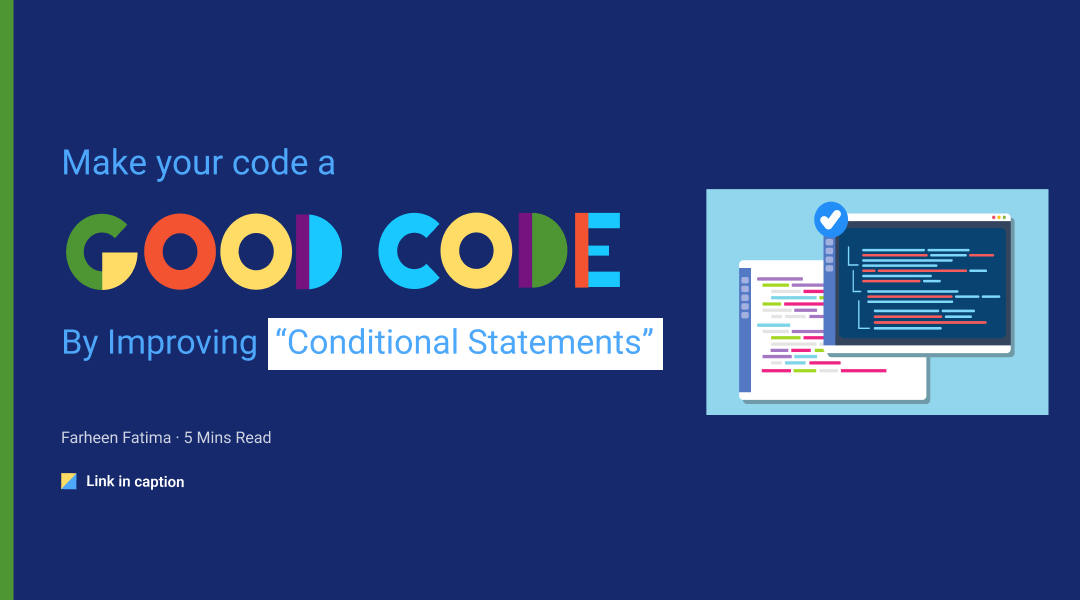Front-end development made easy by AWS Amplify
What is AWS Amplify?
As the name suggests, AWS Amplify is a combination of tools and features that are used to speed up the process of developing full-stack applications for both web and mobile applications. It helps developers easily build, ship, scale, and manage these apps. You can also modify these applications seamlessly as their development progresses.
AWS Amplify supports iOS, Android, Flutter, ReactNative, and JS. It integrates with frameworks like Vue, Reacts, and Next.js.
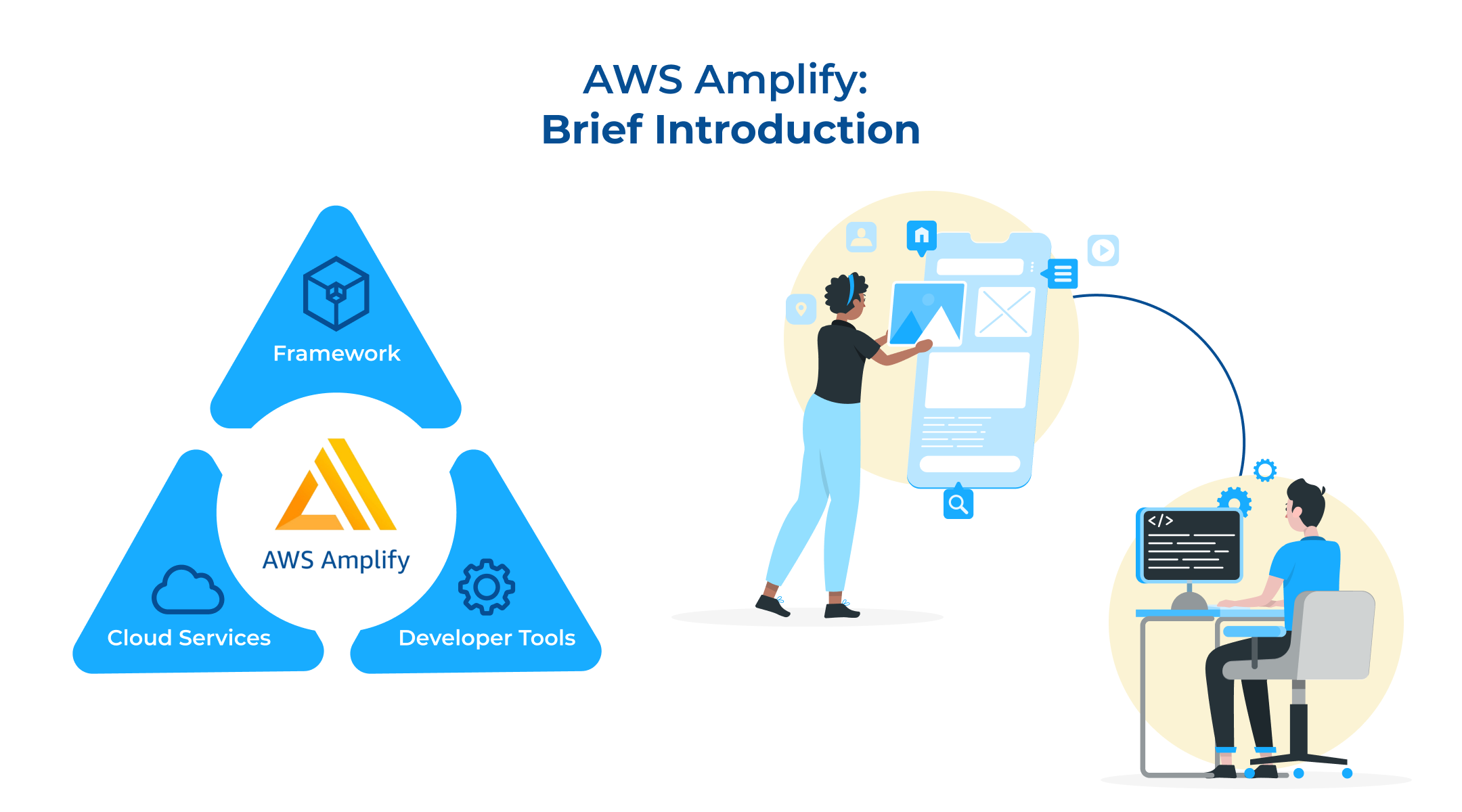
Benefits of AWS Amplify
When it comes to listing the benefits of AWS, one can go on and on, but I have talked about a few of them here.
- The prime benefit of AWS Amplify is that it makes the process of app development fast and easy with its plethora of tools and services.
- It takes away the burden of managing infrastructure and hosting.
- The best part is that it doesn’t overwhelm you with the cost of its services, i.e., you can pay only for those services that you use.
- It follows an advanced approach for UI-driven apps.
- It enhances the performance of your app with the help of its in-built backend management feature.
- You can easily create native apps at a lower budget.
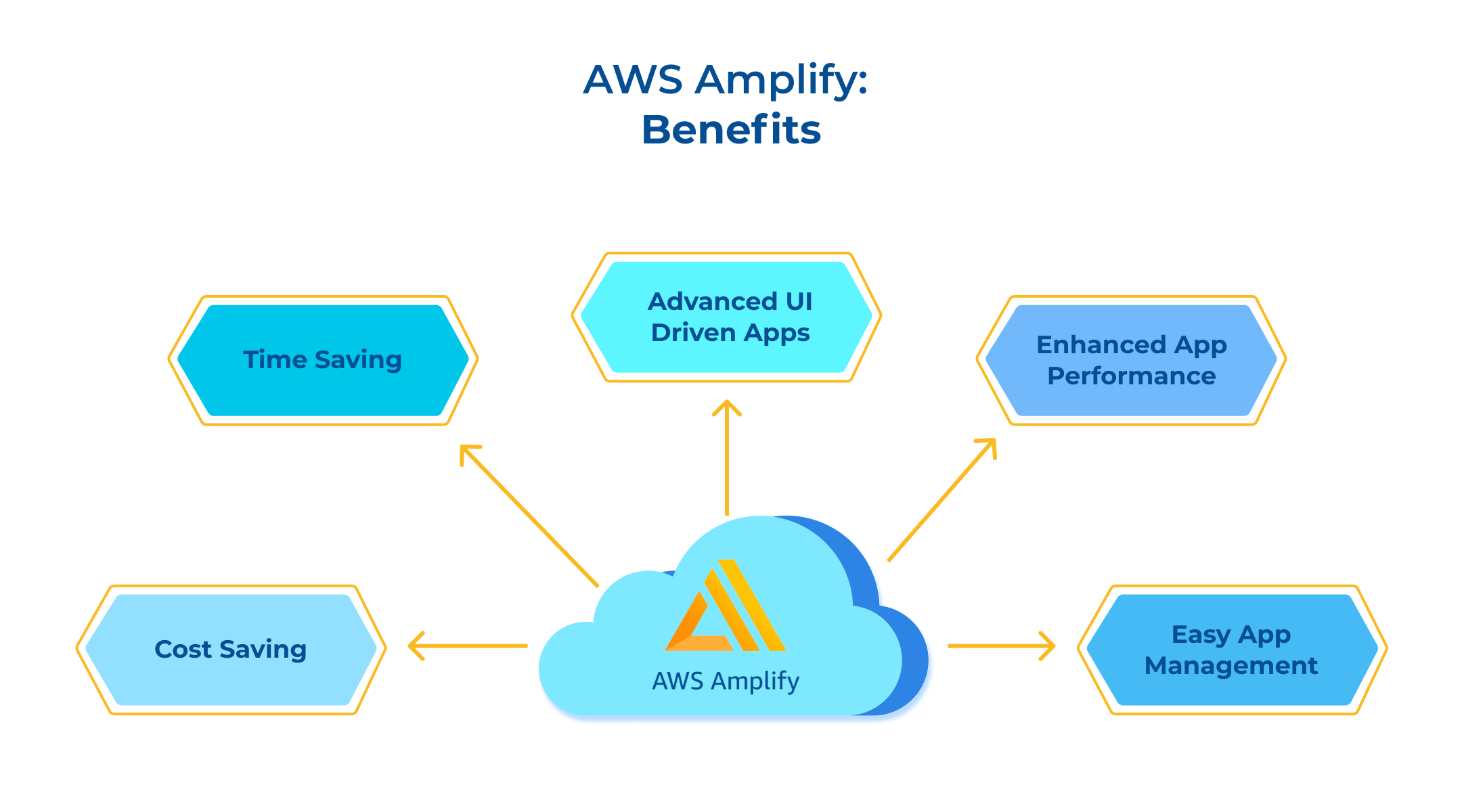
Apart from these, AWS Amplify helps you with:
- Easy configuration for both mobile and web applications’ back-end.
- Connecting with your app in minutes
- Building a front-end web UI visually.
- Managing app content external to AWS console.
Tools Used for AWS Amplify
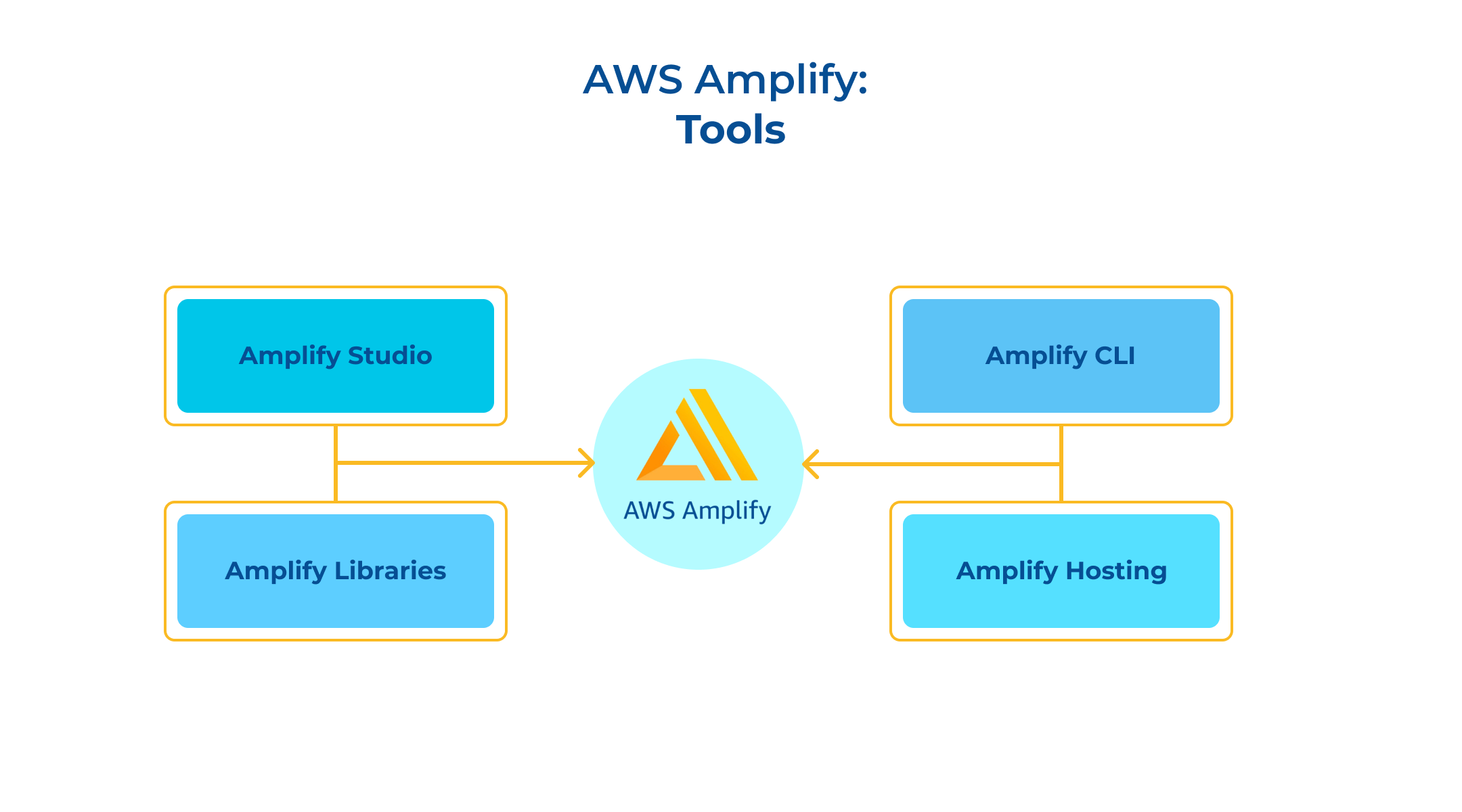
- Amplify Studio: An extraordinary visual tool, AWS Studio allows you to do so much. With this AWS Amplify tool, you can easily build as well as ship entire mobile and web apps in a matter of just a few hours. The best part is that you do need not to be a cloud expert to do so. With a few clicks, you can build your app’s backend. Next, you need to create an attractive and rich UI. For this you need not create the UI components from scratch, rather you can use the popular UI components available in AWS Studio. Finally, you can integrate your UI and backend with another series of clicks and your app is ready to ship. Helpful for Designers: AWS Studio is not just a great tool for developers but is also a helpful one for designers. It has built-in Figma that helps you customize the image as per your need.
- Amplify Libraries: AWS Amplify has vast case-centric open-source libraries that help in building exquisite cloud web and mobile apps. These libraries are powered by AWS and are useful while creating new backends using Amplify Studio and Amplify CLI. You can choose from a range of libraries that is suitable for your platform whether it is JavaScript, Android, iOS, and Flutter.
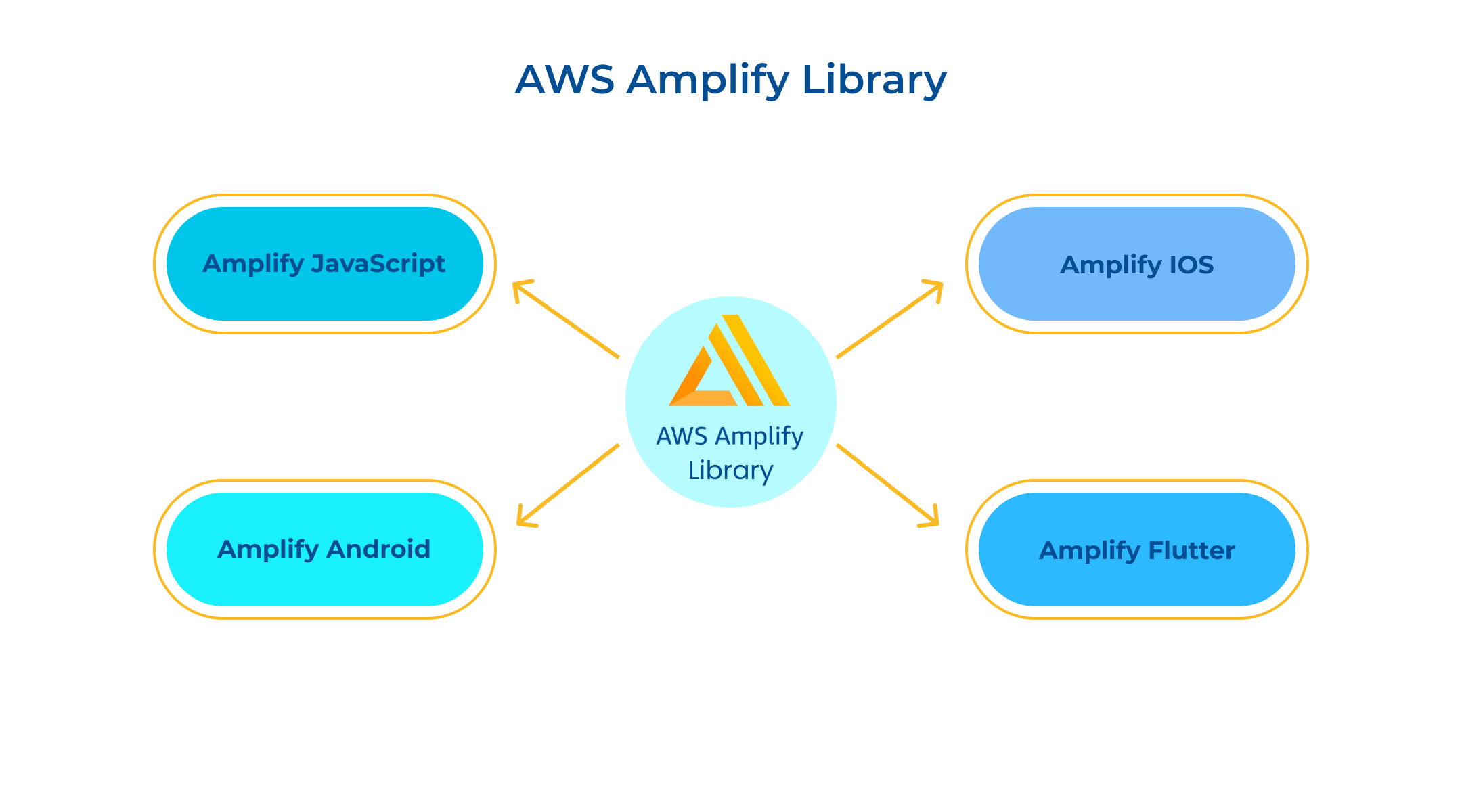
- Amplify JavaScript: Amplify Javascript Libraries support a variety of frameworks like React Native, React, Angular, Ionic, and Vue. After completing the set-up process, you can add so many things to your app like:
- Push Notification
- Data Store
- User File Storage
- Serverless APIs
- Authentication
- Analytics and so much more
With the latest developer preview of Amplify Android Library, developers can add cloud-based storage, database, and APIs to the apps using Kotlin.
- Amplify Android: The Amplify libraries aid in building hi-tech android apps using Amplify CLI toolchain. Once you have all the prerequisites installed i.e., Node.js, npm, git, and so on, you can:
- Sign up for an AWS account
- Install and configure Amplify CLI
- Create an android application
- Amplify iOS: Just like Amplify Android, the Amplify iOS Library helps developers to add several cloud-based services to their apps using Swift. They can also debug and fix the underlying issues in the open-source codebase.
- Amplify Flutter: With Amplify Flutter you can build an easy-to-use interface that operates across different cloud services. You can also plug in your custom service to AWS Amplify.
- Amplify CLI: AWS Amplify CLI (Command Line Interface) is a kind of toolchain that helps you to configure and maintain your app locally, i.e., on your desktop. You can seamlessly configure cloud functionalities with the help of the use cases available. Not only this, but you can also test a feature at your locally and then deploy the required environments. Let’s have a look at what you can do with Amplify CLI.
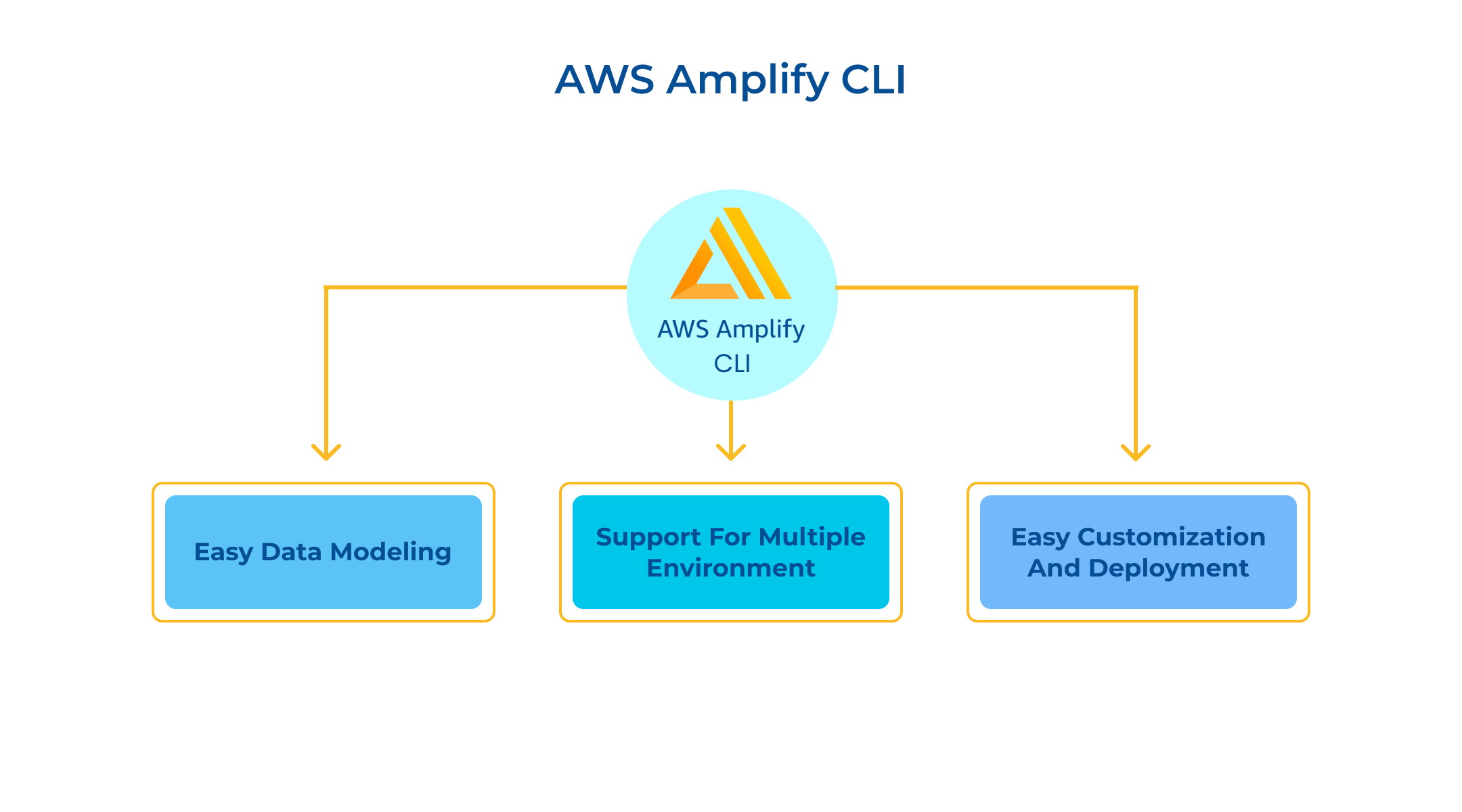
- Easy data modelling and access with Graph QL: With Amplify CLI’s GraphQL you can easily create a new API supported by a database. All you need to do is create a GraphQL schema and Amplify CLI will process it into a full-fledged GraphQL API.
- Support for Multiple Environments: With Amplify CLI, you have the liberty of having support for multiple environments, say Prod, Dev, QA, etc. Once you create a project in Amplify CLI, the backend environment that gets created contains all the categories that you have added to the project. You can view and modify them as per your need.
- Easy Customization and Deployment: With the extensibility feature of Amplify CLI, you can now easily ship full-stack mobile as well as web apps. Also, you can customize the backend and deployment capabilities. With this exciting feature, you can:
- Modify backend resources
- Add custom resources
- Import AWS resources
- Execute custom scripts
- Export Amplify project
- Amplify Hosting: With AWS Amplify Hosting you can do the following:
- Host front-end application
- Create as well as delete environments at the backend
- Setting up CI/CD (Continuous Integration and Continuous Delivery) for both front-end and back-end.
- And finally, it lets you access AWS Studio to configure your backend as well as manage users and app content.
AWS has a lot to offer apart from AWS Amplify. With AWS Cognito, you can add things like user sign-up, user sign-in as well as authentication in the most seamless manner. We will be discussing AWS Cognito in detail in our upcoming blogs.
Applications of AWS Amplify at Fibonalabs
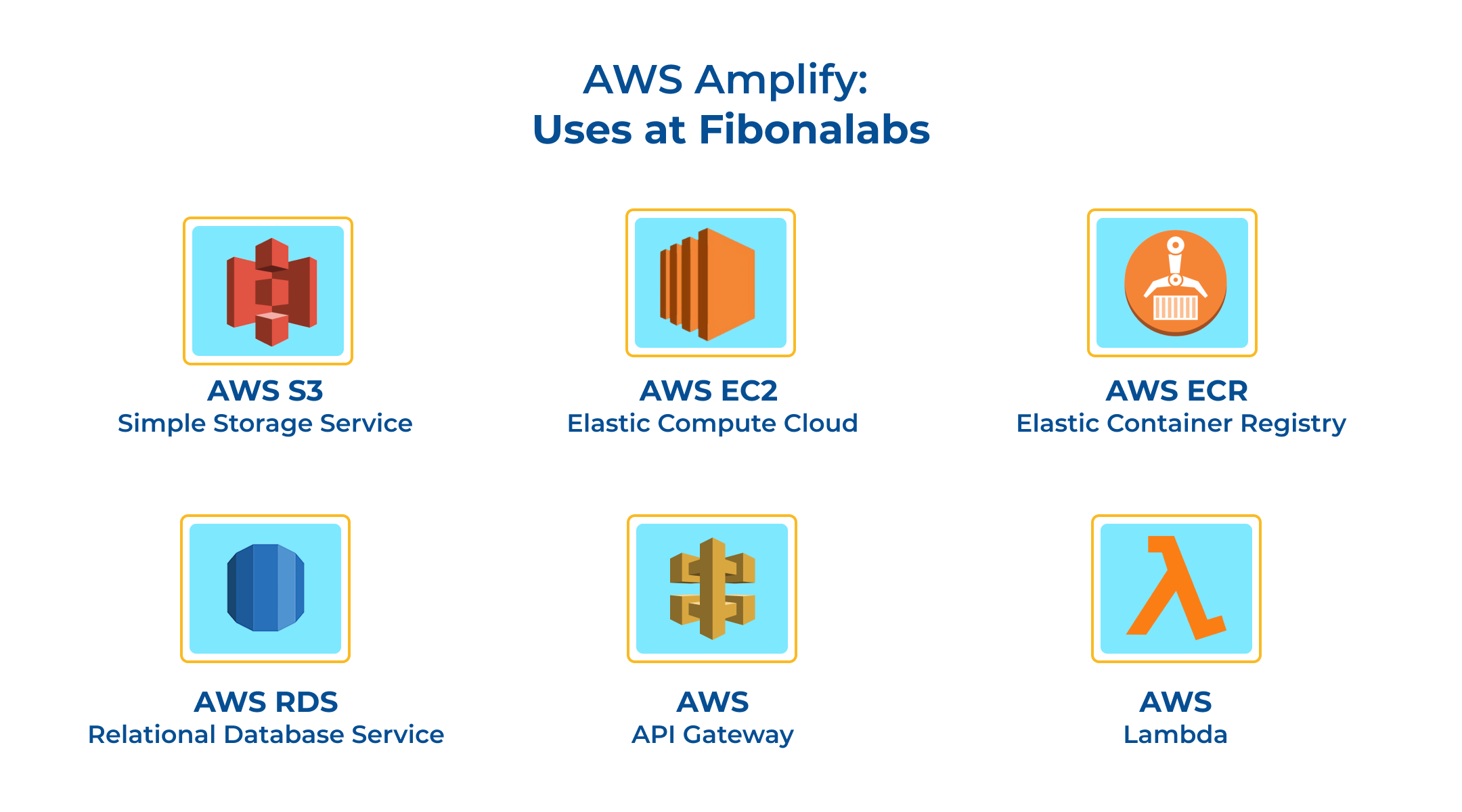
At Fibonalabs, we provide cloud services, UX/UI Design services as well as product development services. We also use AWS Amplify Libraries to develop our mobile and web apps. Some of the AWS services that we use are listed below.
- For object storage, we use AWS S3- Simple Storage Service.
- For scalable computing capacity for our app, we use AWS EC2- Elastic Compute Cloud.
- To easily and reliably deploy our applications we use ECR- Elastic Container Registry.
- For data migration, recovery, and back up we use RDS-Relational Database Service.
- For serverless applications, we use AWS Lambda and AWS API Gateway.


